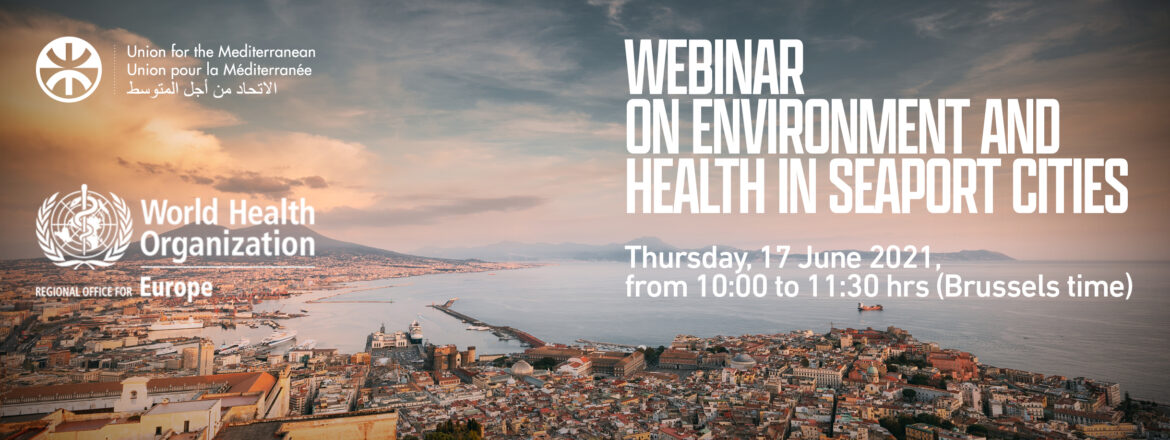Seaports are vital connecting hubs for international trade, port-related industry, and passenger travel. As such they influence urban spatial planning and development. They also attract thousands of employees who work on ships and onshore to operate various port- and industry-related activities. While seaports and their related activities contribute to urban economies, they also add to pollution of, for example, air, soil, noise, and water, and contribute to greenhouse gas emissions. These emissions can potentially have negative consequences for human health and the environment, including through climate change.
Life quality and health concerns extend from port employees/workers to local residents, and the rest of the city-region can be affected by shipping activities, terminal operations, and port-related industrial or transport activities (e.g. petrochemical plants, trucking). European port cities vary greatly in terms of the scale and scope of their activity. They also differ widely in their response to local tensions and issues regarding health and environment, being more or less environmentally aware in tackling these problems.
In this workshop, an overview of environmental and health aspects in seaport cities will be presented, and consequences of port-related air, soil, noise, and water pollution for health conditions of inhabitants of seaport cities will be discussed. Participants will be reflecting upon how those conditions could be addressed from an urban perspective. The cases of the ports of Dunkirk (France), Haifa (Israel), Rotterdam (The Netherlands) and Southampton (UK) will be presented, in addition to a summary of good practices in various cities and ports.
The UfM Regional Platform on Sustainable Urban Development was launched in 2017 to deliver on the mandate of the Second UfM Ministerial Conference on Sustainable Urban Development in implementing the UfM Urban Agenda. Since then, the UfM Thematic Working Groups on “Urban Regeneration” and “Affordable and Sustainable Housing” have been working for the operationalisation of the UfM Urban Agenda, along with the UfM Permanent Working Group on Evaluation, Monitoring and Reporting Systems, and the UfM-IFIs Urban Project Committee. In light of a two-year long, multistakeholder, iterative consultative process held under the auspices of the UfM Regional Platform, an academic team from the Delft University of Technology, comprising Associate Professor Roberto Rocco, Professor Carola Hein and Associate Professor Remon Rooij, have drafted the UfM Strategic Urban Development Action Plan 2040 and its Housing Action Plan. The Strategic Action Plan highlights nine priority axes of intervention to facilitate the translation of ideas and frameworks contained therein into strategic projects to enhance integrated territorial development. One of those axes of intervention is “Forelands, port areas, port cities and their hinterlands, as drivers of sustainable and resilient economic prosperity”, which will be developed separately in collaboration with partner institutions.
The WHO European Centre for Environment and Health supports the European Process on Environment and Health, initiated by the WHO Regional Office for Europe in 1989. The process provides a unique intersectoral policy platform, which brings together relevant sectors and partners to help shape policies and actions on environment and health, and supports the implementation of effective, evidence-based policies and preventive actions on environment, health and well-being in the WHO European Region. Current activities focus on priorities established at the Sixth Ministerial Conference on Environment and Health, held in Ostrava, Czechia, in 2017, reflecting commitment to the Sustainable Development Goals of the 2030 Agenda. The Ministerial Conference adopted the Ostrava Declaration on Environment and Health1, by which Member States committed themselves to drawing up a tailored national portfolio for action in seven priority areas for the European Environment and Health Process. Priorities include “Supporting the efforts of European cities and regions to become healthier and more inclusive, safe, resilient and sustainable through an integrated, smart and health-promoting approach to urban and spatial planning,…”.
The World Health Organization (WHO) and the Union for the Mediterranean (UfM) signed a Memorandum of Understanding in 2020 to collaborate across sectors in reinforcing the implementation of the 2030 Agenda for Sustainable Development. This institutional partnership aims to support UfM Member States in building capacity and promoting action for health, including through health research, health education and advocacy for health, in all policy domains of the Euro-Mediterranean partnership. In this context, the webinar will help to raise awareness about and promote healthy environments through urban development and governance in seaport cities.
The webinar will take place on 17 June 2021, from 10:00 to 11:30 hrs.
Register here


